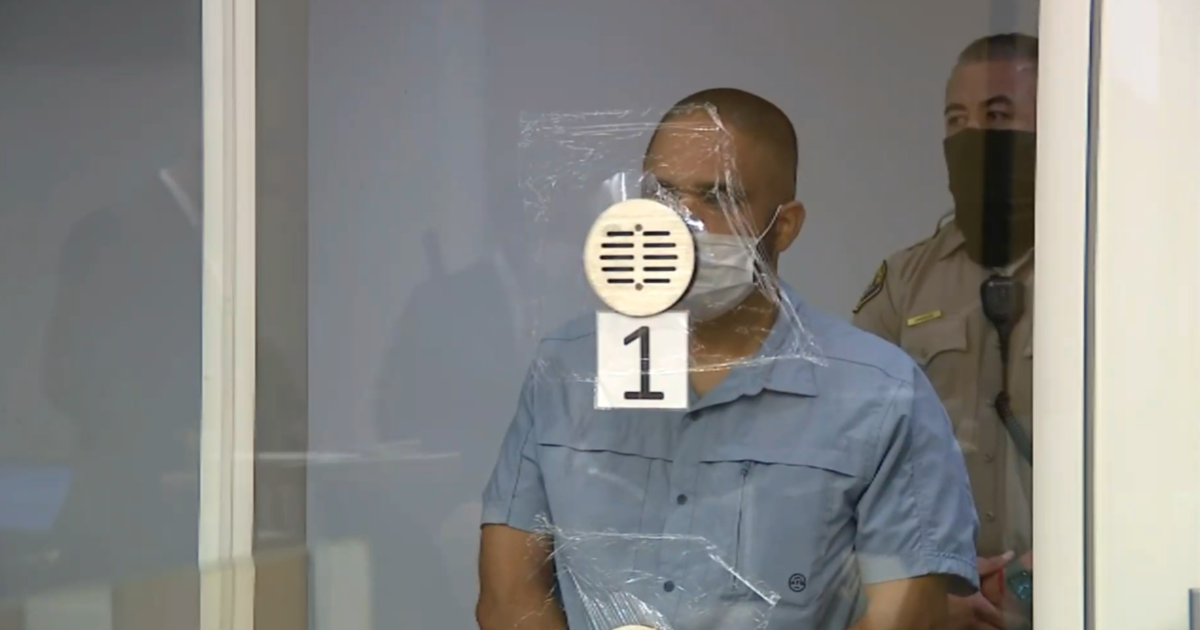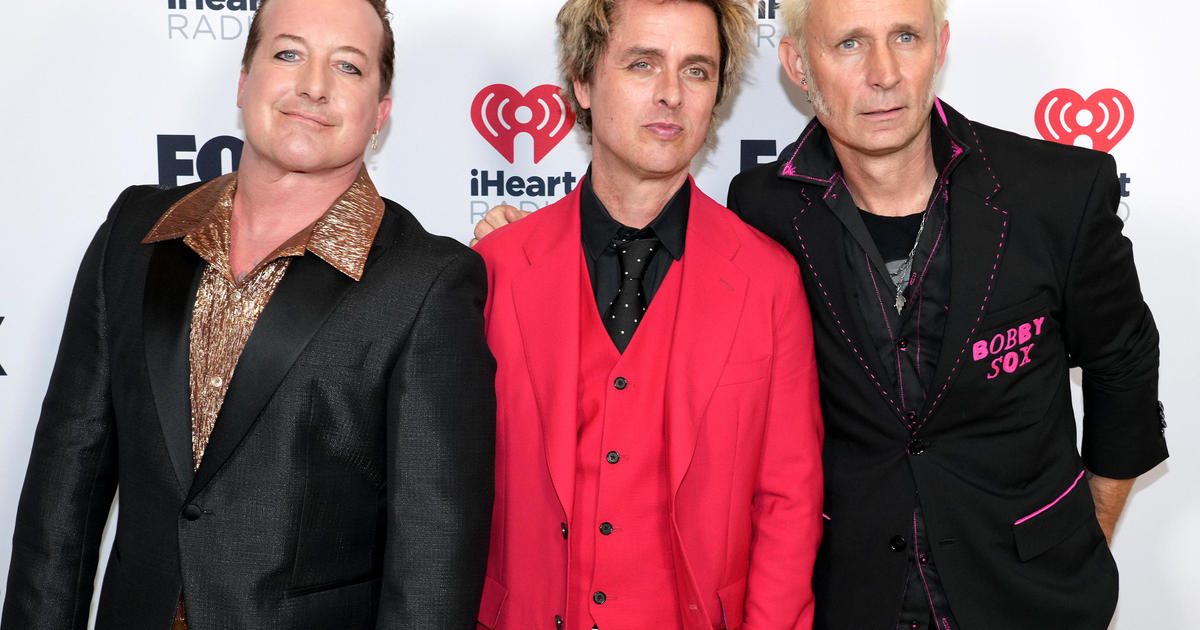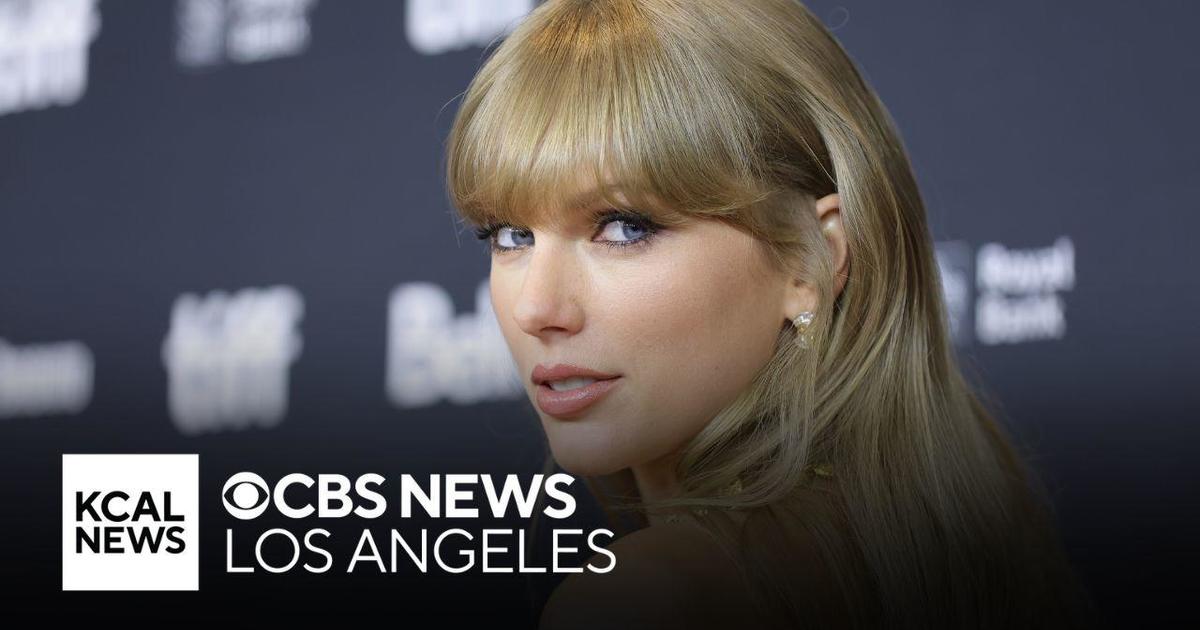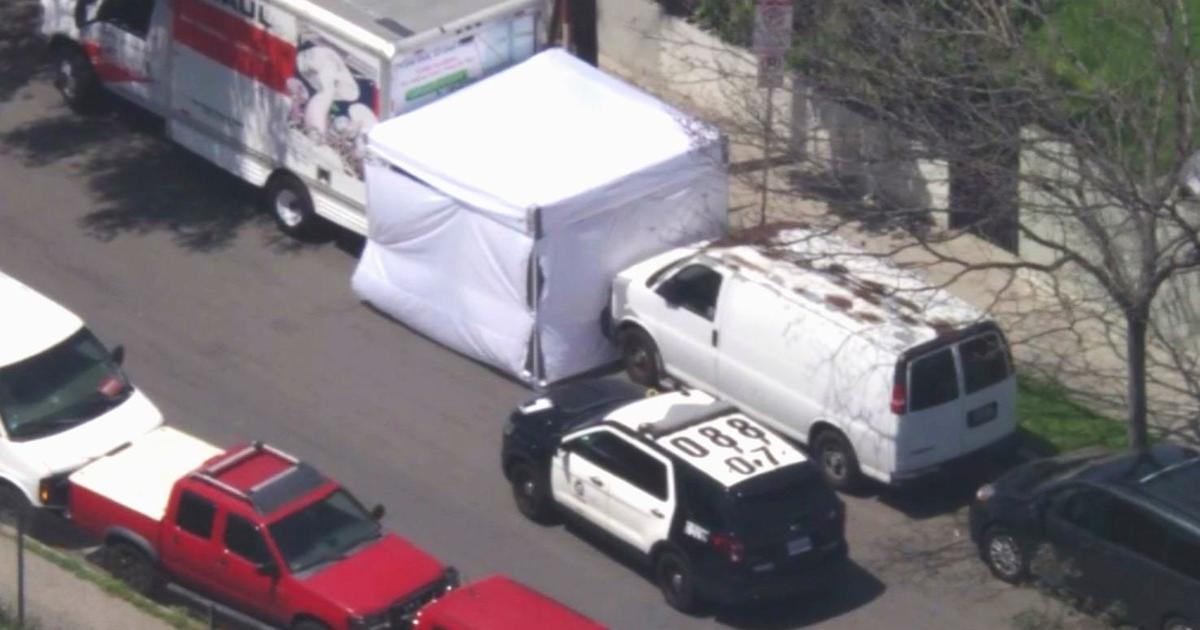Judge Rules Against NCAA In O'Bannon Case
LOS ANGELES (AP) — A federal judge has ruled that the NCAA can't stop college football and basketball players from selling the rights to their names and likenesses, opening the way to athletes getting payouts once their college careers are over.
In a landmark decision issued Friday, U.S. District Judge Claudia Wilken ruled in favor of former UCLA basketball star Ed O'Bannon and 19 others in a lawsuit that challenged the NCAA's regulation of college athletics on antitrust grounds.
In a partial victory for the NCAA, though, Wilken said the NCAA could set a cap on the money paid to athletes, as long as it allows at least $5,000 a year for big school football and basketball players.
Wilken was not asked to rule on the fairness of a system that pays almost everyone but the athletes themselves. Instead, the case was centered on federal antitrust law and whether the prohibition against paying players promotes the game of college football and does not restrain competition in the marketplace.
The plaintiffs gave up their right to damages in a pretrial move that meant the case would be heard only by the judge and not a jury. But even without monetary damages for former players the case was a battle over hundreds of millions of dollars in television contracts that attorneys for the plaintiffs said should be shared with the athletes themselves.
In a scathing post trial brief, they argued that the NCAA basically staked its defense on a 1984 Supreme Court decision that said the fundamental rule of amateurism was at the core of the NCAA's regulation of college athletics and that the organization could have suggested other remedies to help athletes to justify its control of the college sports marketplace.
"In some places, it is as if our three-week trial did not occur," plaintiffs' lawyers wrote.
Attorneys for the NCAA, though, said moving away from the concept of amateurism would drive spectators away from college sports and would upset the competitive balance among schools and conferences. They said some of the relief sought by the plaintiffs would allow for third parties to play players and that universities would lose control of their programs.
Several players testified during the trial that they viewed playing sports as their main occupation in college, saying the many hours they had to devote to the sport made it difficult — if not impossible — to function like regular students.
O'Bannon portrayed himself as a dedicated athlete who would stay after games to work on his shot if needed, but not much of a student. He said his job at UCLA was to play basketball and took up so much time that just making it to class was difficult.
"I was an athlete masquerading as a student," said O'Bannon, star of the 1995 UCLA team that won the national title. "I was there strictly to play basketball. I did basically the minimum to make sure I kept my eligibility academically so I could continue to play."
But witnesses called by the NCAA during the trial spoke of the education provided athletes as payment for their services and said the college model has functioned well for more than a century. They contended that paying players would make college sports less popular and could force schools to cut other programs funded by the hundreds of millions of dollars taken in by big time athletics.
The head of the Big Ten painted a dire picture of what college sports would look like in his testimony, saying his conference would likely cease to exist and the Rose Bowl would probably not be played.
Jim Delany said the idea of paying players goes against the entire college experience and he couldn't see league members agreeing to it. If some did, he said, they likely would be kicked out of the conference because the move would create an imbalance among schools that could not be resolved.
"There wouldn't be a Rose Bowl if either they or we were operating in a very different wavelength in terms of paying players," Delany said
That theme has since been echoed by college and conference administrators, even as they move forward on plans — prompted by the O'Bannon suit and others — to give expanded benefits to athletes in the 65 schools that comprise the five biggest conferences in the country.
"I fear that we will get past the change and then we'll realize that all the gymnastics programs went away, or that we have agents on campus all the time negotiating playing time for student athletes," Big 12 Commissioner Bob Bowlsby said in July. "There's all kind of Armageddon scenarios you could come up with. ... You wouldn't have to be a very good fiction writer to come up with some scenarios that would be pretty scary."
But Rutgers law professor Michael Carrier, a specialist in antitrust and intellectual property law, said the outcome might not be scary at all because the money may not be huge and will be paid only after a player's career is over.
"My sense is something like making these NILs payments after graduation are not really big game changers," Carrier said. "They're just giving the plaintiffs a little piece of the money many people would view them as entitled to. I don't think it will put college athletics out of existence."
(© Copyright 2014 The Associated Press. All Rights Reserved. This material may not be published, broadcast, rewritten or redistributed.)



